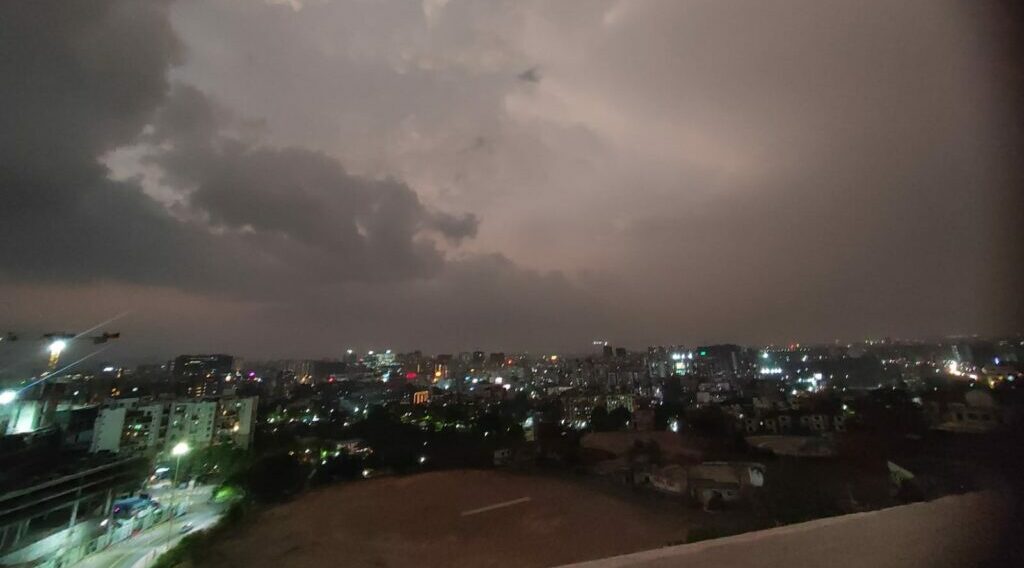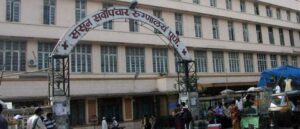A Spike In Food and Water-Borne Diseases During Monsoon

Pune, 5th July 2022: Monsoon brings relief from that scorching heat along with a host of food and water-borne infections. Apart from water-borne diseases such as jaundice and typhoid, food-borne diseases also pose a serious threat. It is essential to take utmost care during the rainy season by drinking boiled water, frequent hand washing, and avoiding roadside food.
The prevalence of food and water-borne diseases doubles during the monsoon. The high moisture present in the air will be the reason behind the microorganisms thriving, resulting in the transmission of a number of diseases. “A majority of people will suffer from water-borne diseases such as cholera, typhoid, dysentery, dirrhoea, hepatitis A and E, jaundice, food poisoning, malaria, and dengue. Even food-borne diseases such as Norovirus Infection (aka Norwalk virus, calicivirus, viral gastroenteritis) can be seen due to eating food contaminated with bacteria, viruses, and parasites. One may show signs such as vomiting, nausea, abdominal pain and distress, fever, fatigue, and poor appetite. Certain groups of people pregnant women, young children, seniors, anyone with an underlying medical condition, and anyone with a weakened immune system such as those on chemotherapy are at a greater risk of suffering from food and waterborne illnesses. It will be imperative to stay hale and hearty during monsoon,” Said Dr. Samrat Shah, Internal Medician Expert, Apollo Spectra Pune.
Dr Shah added, “Use good environmental management by flushing or discarding any stool in the toilet, clean the surrounding area using hot water and detergent. Opt for a chlorine-based disinfectant is recommended. Practice good personal hygiene. Hand washing of children should be supervised. Wash hands thoroughly after using the toilet, handling animals, and cleaning up animal feces, before and after preparing food or eating, changing a diaper, or cleaning up a child who has used the toilet. Take food safety precautions by washing and/or peeling all raw vegetables and fruits before eating.”
Take vaccinations for immunization against preventable diseases like Typhoid, Hepatitis A, Polio, and flu. “Avoid eating spicy or hard to digest food. It is best to stay away from raw, green leafy vegetables like spinach, lettuce, and cabbage as they carry a high risk of contamination. Don’t eat food that is kept for too long as you may suffer from food poisoning. Say NO to junk, oily, and canned food. Try to include fresh fruits, vegetables, and whole grains in the diet. If you have persistent vomiting and diarrhoea, blood in your stool, a high fever, dizziness or unbearable abdominal pain, or a change in the color of your urine, consult the doctor on an immediate basis,”Concluded Dr Shah.








